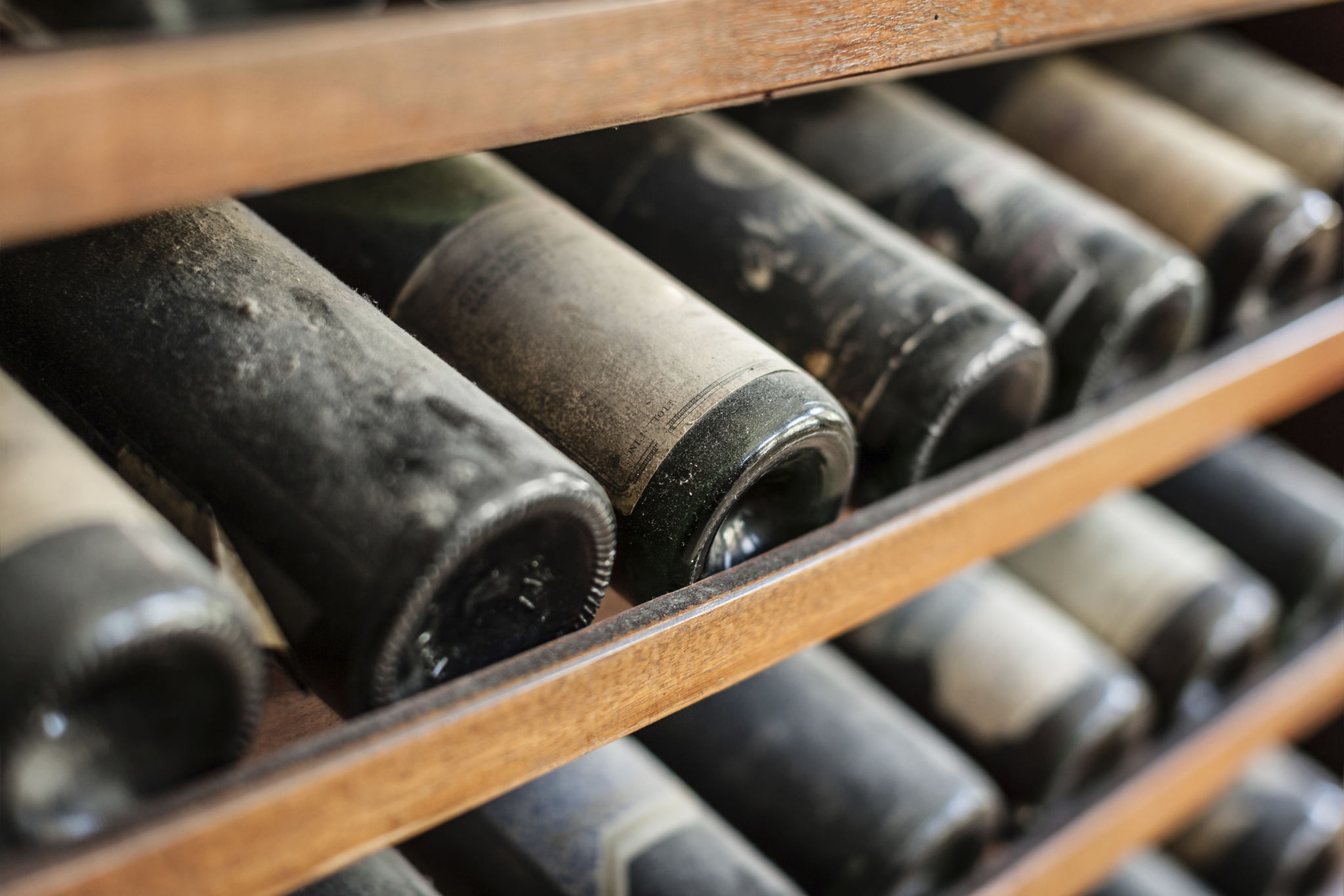Debunking Common Wine Myths: What You Need to Know
HB
Understanding the Complexity of Wine
Wine is an intricate beverage with a rich history, but it's often shrouded in myths that can mislead even the most passionate enthusiasts. Whether you're a seasoned sommelier or a casual sipper, understanding the truth behind these common myths can enhance your enjoyment and appreciation of wine.
One common misconception is that the older the wine, the better it is. While it's true that some wines improve with age, not all are meant to be aged. In fact, most wines are designed to be consumed within a few years of bottling. Aging potential largely depends on the type of wine, its composition, and storage conditions.

The Truth About Wine Storage
Another widespread myth is that all wines need to be stored in a wine cellar. While having a dedicated space for wine can be beneficial, it's not a necessity for every wine lover. The key to proper storage is maintaining a consistent temperature, ideally between 45°F and 65°F. Avoiding direct sunlight and vibration is also crucial to preserving the wine's quality.
Investing in a small wine fridge can be a practical solution for those without the luxury of a cellar. This ensures your wines are kept at an optimal temperature and ready for when you want to enjoy them. Remember, proper storage helps preserve the wine's flavor and aroma.

Debunking Wine and Food Pairing Myths
Many people believe that red wine should only be paired with red meat and white wine with fish or chicken. While these guidelines can be helpful, they're not set in stone. The best pairings depend on the flavors and textures of both the food and the wine. A light red like Pinot Noir can pair beautifully with salmon, while a full-bodied white such as Chardonnay might complement a roast chicken.
Don't be afraid to experiment with different combinations. The goal is to enhance your dining experience, and sometimes the most unexpected pairings can be the most delightful.

Exploring Wine Price and Quality
The idea that expensive wine is always better than cheaper options is another myth that needs debunking. Price can be influenced by factors such as brand reputation, production methods, and rarity, but it doesn't necessarily equate to quality. Many affordable wines offer excellent flavor profiles and value.
When selecting wine, focus on personal preference and occasion rather than price alone. A wine that you enjoy and fits your budget is always the right choice.

Understanding Sulfites in Wine
Sulfites are often misunderstood in the context of wine. Some believe they cause headaches or allergic reactions, but these symptoms are more likely due to other factors like histamines or tannins. Sulfites are naturally occurring compounds that help preserve wine and prevent spoilage.
It's worth noting that sulfite levels in wine are regulated, and many organic wines have lower sulfite levels. If you're sensitive, consider exploring these options.
The Role of Wine Glasses
A final myth suggests that using specific wine glasses is unnecessary. However, the shape and size of a glass can significantly influence how you experience a wine's aromas and flavors. For example, red wines typically benefit from larger bowls that allow oxygen to enhance their complexity, while white wines are often served in smaller glasses to maintain their cooler temperatures.
While you don't need an extensive collection of glassware, having a few well-chosen pieces can enhance your tasting experience.
